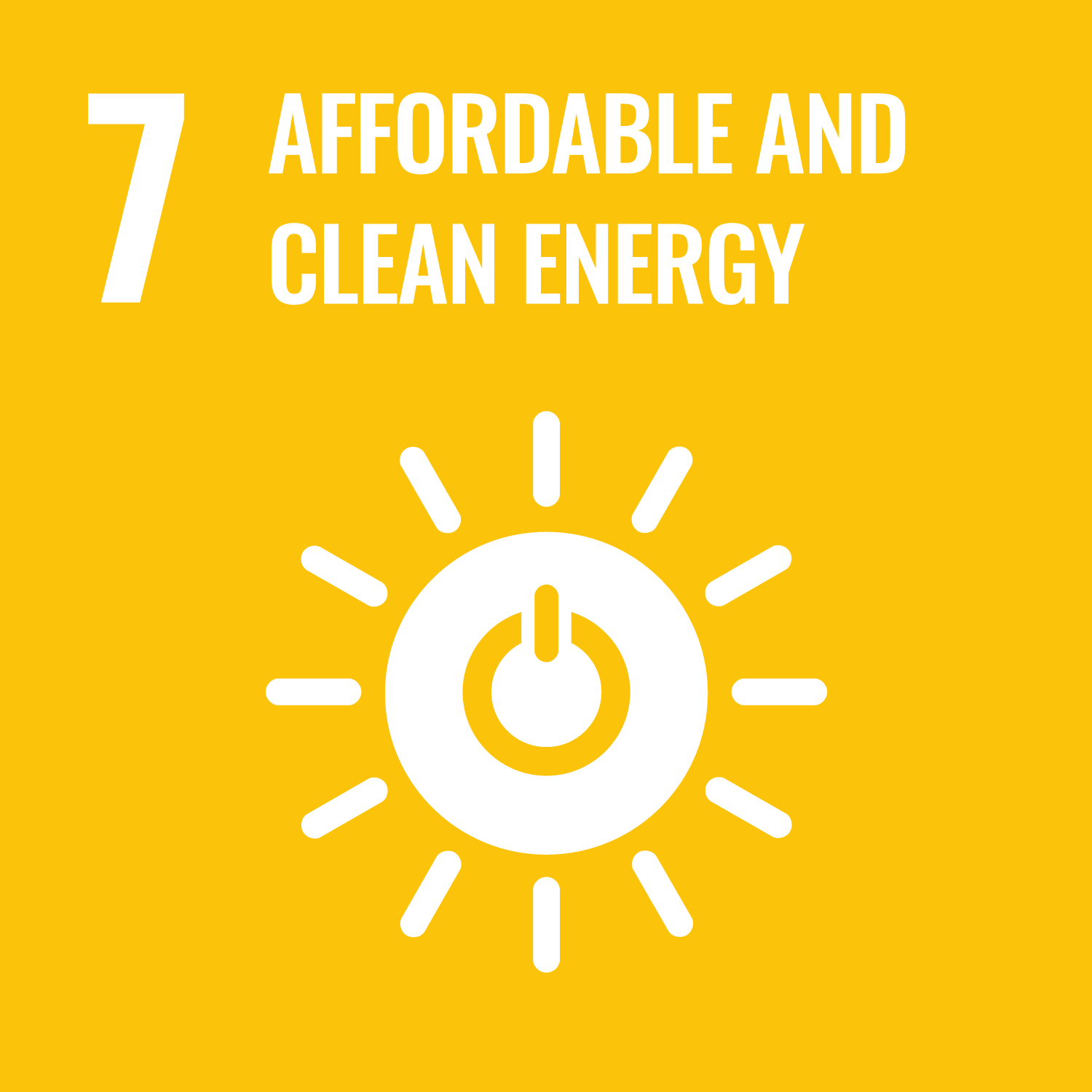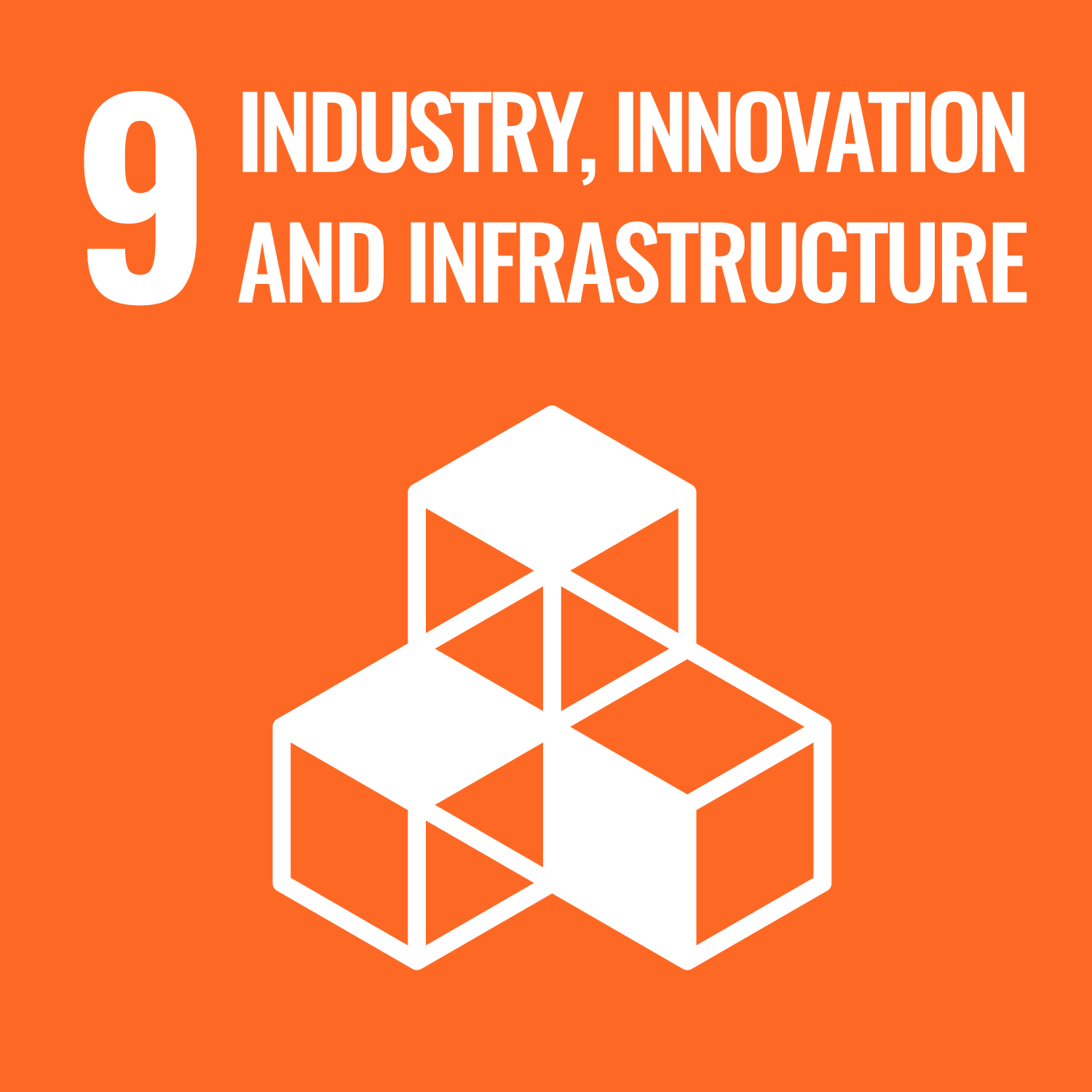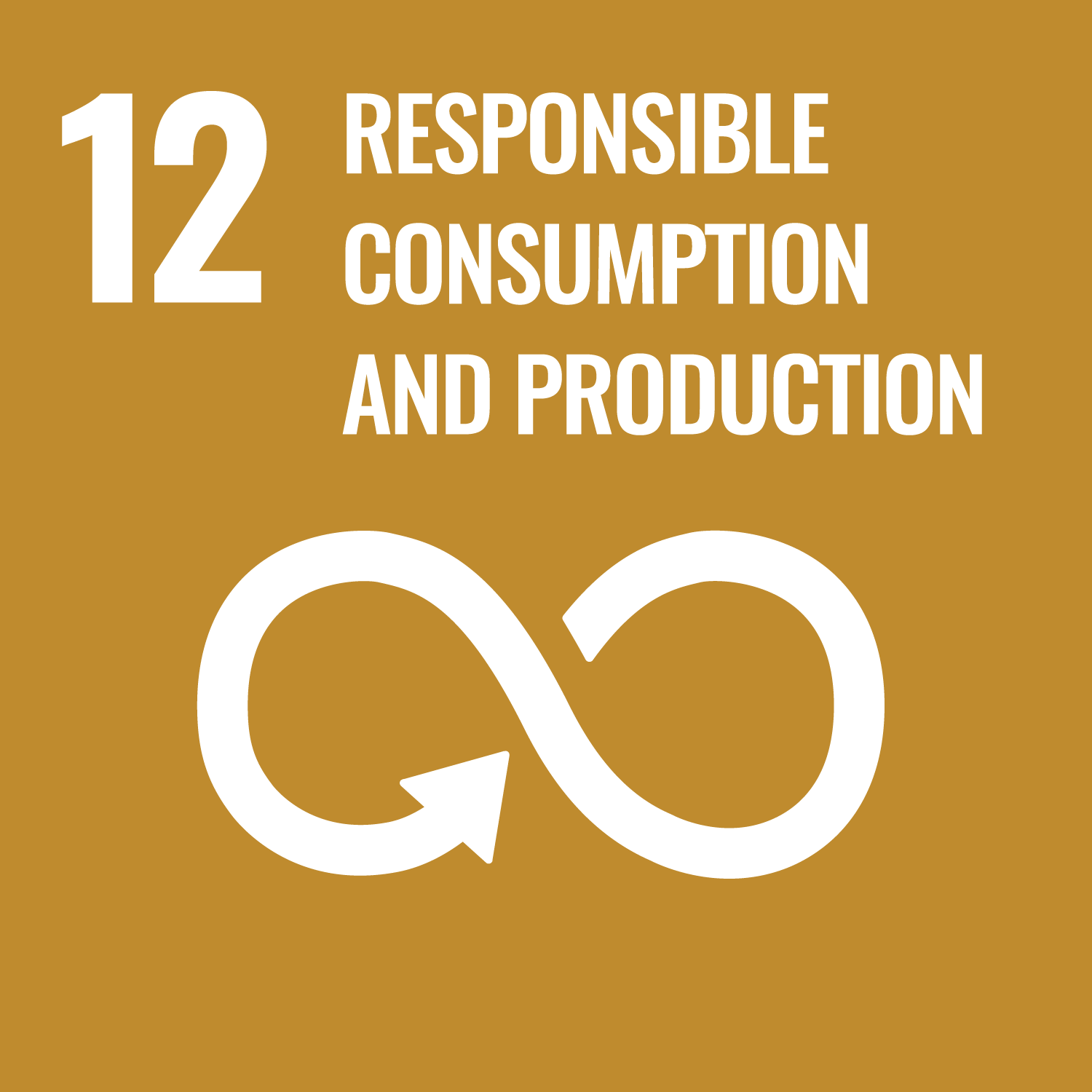OBJECTIVES
The main objective of CORALIS is to create pathways for the decarbonisation of resource and energy intensive sector value chains through the implementation of viable industrial symbiosis approaches combining new business and management strategies with innovative technology-based enablers.
This whole approach will be demonstrated in three real industrial areas covering different sectors, geographical dimensions and resources, improving the knowledge basis and laying the foundations for exploiting the potential of Industrial Symbiosis in EU process industry.
SPECIFIC GOALS
CORALIS WITH THE SUSTAINABLE DEVELOPMENT GOALS

Goal 7: Ensure access to affordable, reliable, sustainable and modern energy.
In Sweden, an integrated unit for CO2 capture and waste heat recovery from Höganäs steel company will be installed to supply a greenhouse. Further interactions with a fish farm (for exchange of waste heat and organic waste as fertilizers) and the revalorization of slags for civil works and other applications will be also analysed.

Goal 9: Build resilient infrastructure, promote sustainable industrialization and foster innovation.
In Escombreras (Spain), a novel process for KNO3 production enabling the use of by-products (H2SO4), residues (Ca contained in wastewater) and emissions (CO2) of the industrial area will be installed and a detailed analysis for the installation of a Concentrated solar power plant at industrial area level will be performed.

Goal 12: Ensure sustainable consumption and production patterns.
The main objective of CORALIS is to create pathways for the decarbonisation of resource and energy intensive sector value chains through the implementation of viable industrial symbiosis approaches combining new business and management strategies with innovative technology-based enablers.


